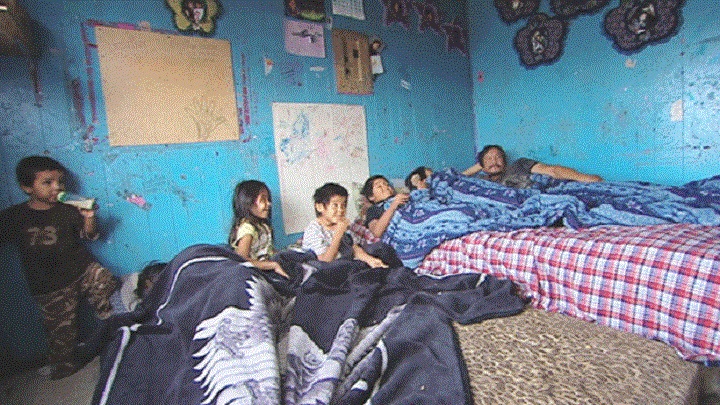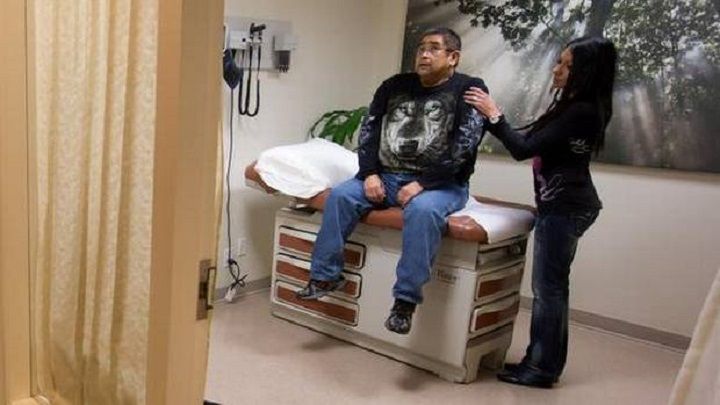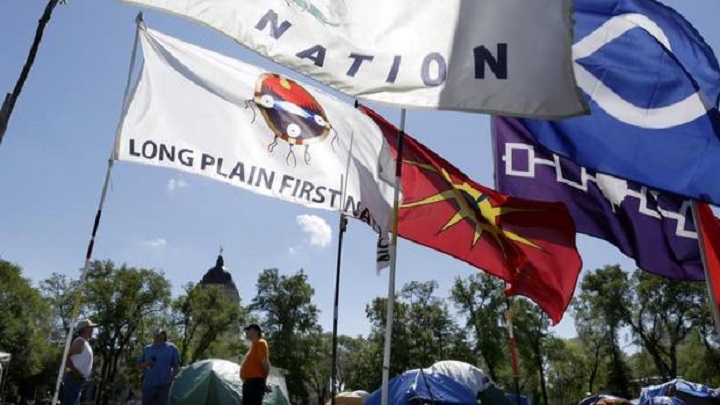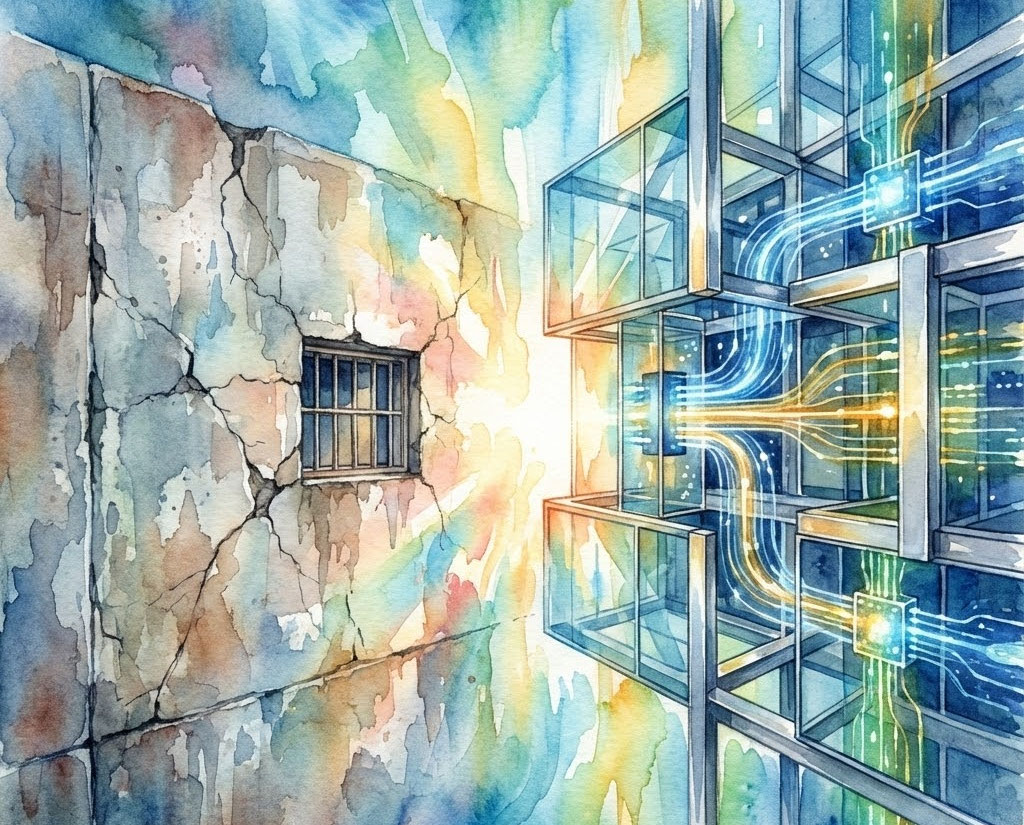
For Canada's Aboriginal peoples, health and well-being continue to lag behind the national average - regardless of whether they live in isolated regions or in urban centers. For this reason, MNP has launched the Operation Blue Sky: Aboriginal Health Initiative, an incentive-competition that will award innovative ideas that help make access to health care in Canada truly universal. And with less than two weeks left to submit ideas, there is still time to win up to $35,000 in prizes!
Since the challenge launched this past March, a number of stories have come to light that highlight the need for change. For instance, this past April, a report was filed by Canada's Auditor General which found that First Nations people living in remote communities in Manitoba and Ontario do not have guaranteed access to clinical and client care services or medical transportation benefits.
Among the problems identified in the report was the fact that nursing staff who work in these communities are often underqualified. These findings were based on an internal audit conducted by Health Canada five years ago, one which raised multiple red flags.

According to a recent Auditor General's report, many remote communities in Ontario and Manitoba don't have access to reliable medical services. Credit: Coleen Rajotte/CBC
One of the greatest concerns was the fact that out of a group of 45 nurses that was sampled, only one had finished all five mandatory Health Canada training courses. Health Canada also identified 30 "deficiencies" in the nursing stations chosen for the audit, which included multiple building code violations. Of these, only four were reportedly fixed.
These and other stories of unreliable access to medical care - combined with statistics of elevated rates of child mortality, risks of disease and suicide - all point towards a national problem that must be addressed. But between improved oversight, cultural and linguistic liaisons, collaborative relationships, and improved methods for delivering services, innovative solutions are starting to come to light. More than anything, it has become clear that First Nation communities need to be actively engaged in the process for positive change to take root.
For example, in 1994, the government of Ontario implemented the Aboriginal Health Policy for Ontario - a policy that was developed in broad consultation with First Nations, Métis and Inuit communities all over the province. With a focus on the creation of primary health care centers that were led by Aboriginal communities, the end result of this policy was the creation of a series of Aboriginal Health Access Centres (AHACs) across Ontario.
First Nations flags fly on the grounds of a protest camp in Memorial Park near the Legislature in Winnipeg Sept. 3, 2014. Credit: CBC
These centers are closely modelled after Ontario’s Community Health Centres (CHCs), which have been operating across Canada since the 1920s to provide services to communities where barriers to proper health care exist. In keeping with this tradition, AHACs provide a combination of health services to First Nations, Métis and Inuit communities located both on and off-reserve, in urban, rural and northern locations.
These services include traditional healing, primary care, cultural programs, health promotion programs, community development initiatives, and social support services. As of the year 2000, ten centers have become operational and have made a powerful contribution to the health and well-being of Aboriginal communities in Ontario. In addition to providing services to people who might otherwise lack access, they have served as a bridge for fostering dialogues about the future of Canada's health care.
Yes, positive changes are being implemented and improvements made. However, significant imbalances persist, and there is still has a long way to go before health care in Canada can truly be called "universal". Now more than ever, there is a need for new and innovative solutions for improving access to health care, the delivery of health care services, and health outcomes for Canada's Aboriginal people.
And with just ten days to go in the Operation Blue Sky: Aboriginal Health Initiative, now is the time to share any ideas you might have! Click here to register and a chance to win up to $35,000 in prizes!









